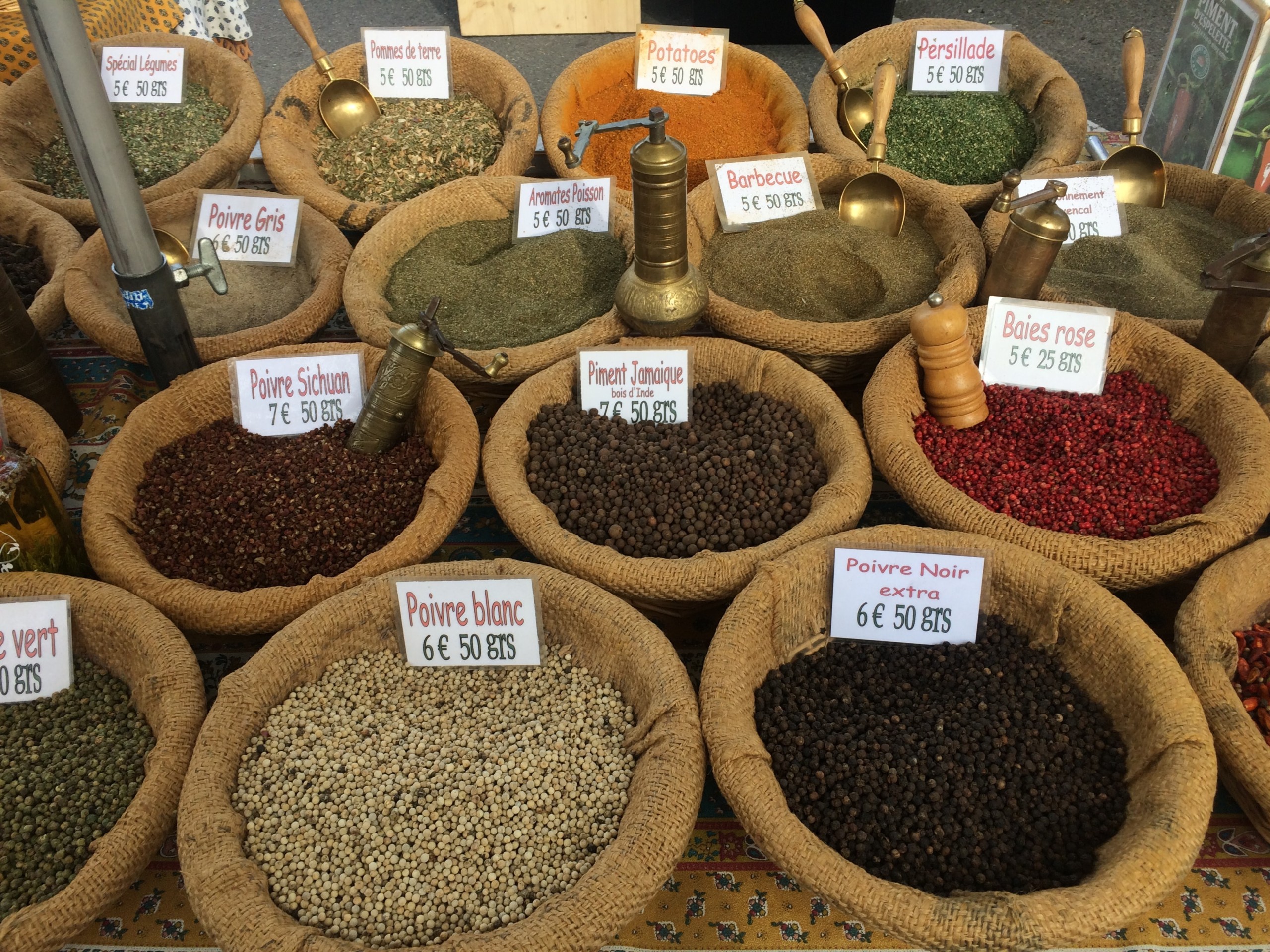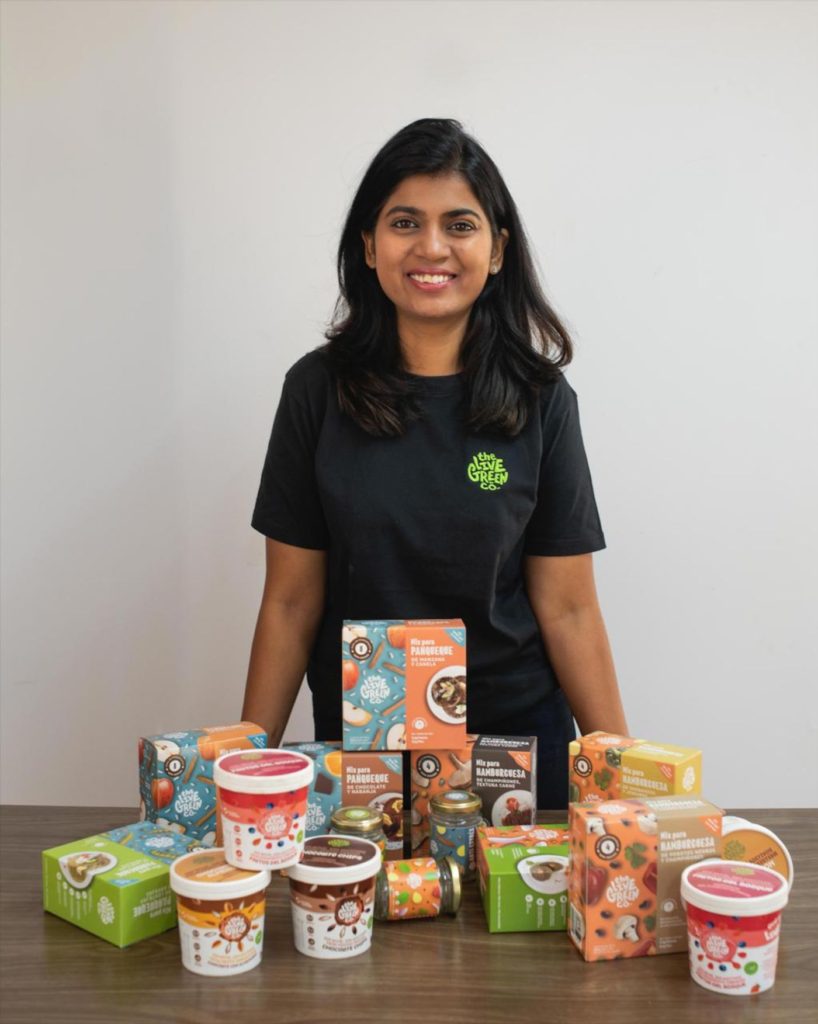
This article is by Priyanka Srinivas, the Founder and CEO of The Live Green Co, a Chilean startup that recently earned a spot on the Fortune 500 of Agrifoodtech
Ancient cultures have been sustainably consuming plant-based foods and even using them as medicine for millennia. Somewhere along the way, however, we have gotten lost. Much of today’s Western diet consists of overly processed, additives-filled food items – a million miles away from how our ancestors used to eat.
Today, more than half of the calories consumed in the US and UK consist of ultra-processed food, with these modern food choices causing more deaths than tobacco or alcohol. But it’s no secret that diets that are mostly made up of plant-based, whole foods are better for our health and better for the environment. So how can we be inspired to make this switch?
We must look to ancestral food wisdom to uncover how we can upgrade our diets in a way that keeps us and the planet healthy. By embracing all of the nutrient-rich plants we have available to us and combining them with modern production techniques that cater to today’s consumption habits, we can revolutionize our diets without sacrificing taste.

Humanity has changed the way it eats
All over the world, people have shifted from eating a diet that’s rich in fruits, vegetables and lean proteins to one that’s high in hydrogenated fats, sodium and sugar, and low in fiber and nutrients.
Over the last century, our diets have been invaded by thousands of harmful chemicals and additives which, when used in food processing, are shown to lead to concerning health conditions such as cardiovascular diseases, obesity, diabetes, heart disease, depression, and even cancer. Around 85% of the 25 largest manufacturers’ products are classified as ultra-processed, and sales of ultra-processed foods are booming worldwide.
In addition to putting too much of the bad stuff in, we’re also leaving a lot of the good stuff out: Eating too many processed foods usually results in eating too few fruits and vegetables. Despite humans being able to eat 300,000 plant species, we consume only around 200, with three crops – maize, rice, and wheat – making up over 50% of the calories and proteins we consume through plants. While many of these plants aren’t feasible to cultivate on a mass scale, there are plenty more that we can add into our diets to benefit from nutritionally and replace other unhealthy or unsustainable foods.
Ancestral plant wisdom can help guide the way
Reverting to the tried-and-tested eating habits of our ancestors can help promote a shift towards seeing food as medicine, and pave the way for a more healthy and sustainable dietary future. Ancient cultures, from the Amazon to India, hold the belief that the food we eat can be our first medicine – that the plants we eat are a crucial element of staying healthy and aiding longevity. Ancestral diets consist of whole foods and a wide variety of plants, with no additives, hydrogenated fats, or excessive amounts of sugar and salt.
For example, the ancient Ayurveda culture which originated over 3,000 years ago in South Asia, sees food as an essential part of having good physical as well as mental health. The tradition considers diet as a major therapeutic tool that helps strengthen the immune system and improve gut functioning.
In South America, the Amazonian diet has been heralded as one of the best in the world. In fact, the Tsimané, a Bolivian indigenous group, were found to have the healthiest hearts on the planet. With a diet that consists of a wide variety of plants and carbohydrate-rich vegetables like yucca and plantain, supplemented with wild-caught fish and game, it seems that many Amazonian groups have figured out what it means to eat healthily and sustainably.
One culture which has in many ways stuck to its traditional roots, diet-wise, is Japan. The centuries-old traditional Japanese diet, known as Washoku, champions consuming fish, soy products, rice, vegetables, tea, and leaves out red meat and overly processed foods. Notably, the Washoku diet includes a range of plant-based ingredients and minimal meat consumption, making it much better for the environment than a typical Western diet that features excessive amounts of red meat and dairy. It’s no surprise then, that in a country where traditional eating habits remain strong, the population has one of the longest life expectancies in the world.
Ultimately, an ancestral diet means prioritizing the natural in all of its varieties. But in a world where convenience is king and life is fast-paced, how can we make the diversity of ancestral nutrition accessible for all?
Uniting ancestral nutrition, scientific research, and modern consumption habits
Returning to the ingredients of our ancestors doesn’t have to mean adopting their consumption habits, too. While there is immense value in the process of preparing food from scratch and taking the time to share meals with members of your community, this is not always possible in the modern day. More than ever, we need food that is nutritious, sustainable and that fits in with our daily routines.
Having identified this need, many food companies are stepping up to the plate and channeling ancestral dietary wisdom to develop modern products. Take Eat Just, which created Just Egg, an egg replacement made from mung beans – a legume that has been grown and eaten in India for the past 5,000 years. Or The Jackfruit Company, for example. Jackfruit has been organically grown and eaten in parts of Asia for thousands of years and is high in nutrients and fiber. The Jackfruit Company has taken this healthy plant food and turned it into a range of easy-to-prepare products for its US consumers.
And it doesn’t stop there: The UK-based company, Better Nature, is offering tempeh – a 300-year old Indonesian staple made from fermented soybean – to its customers in familiar forms, including plant-based replacements for mince, bacon rashers, and kebab strips. Prime Roots is using Koji, a Japanese fermenting fungus that is thought to have been domesticated 2,000 years ago, to make an umami-tasting bacon alternative. Taali has turned water lily seeds, considered a superfood in Ayurveda culture, into a 100% natural, popcorn-like snack to enjoy anywhere.
And here at The Live Green Co, we’re blending ancestral wisdom of plant nutrition with biotech and machine learning to take a data-centric approach to uncover healthy alternatives to harmful animal-based, synthetic & ultra-processed food additives. As a result, we’ve been able to create all-natural, nutrient-dense, and sustainable plant-based products. For instance, we have been able to replace the milk, eggs, emulsifiers, stabilizers, and anti-freezing & anti-caking agents in ice cream with banana, avocado, custard apple, flax meal, sunflower seeds.
By turning to ancestral ingredients and modernizing them in a way that attracts today’s conscious but busy consumers, these companies are helping to build the future of healthy and sustainable food.
Consumers and food companies alike have to work together to help overhaul the dominant dietary patterns of today. By looking back to how our ancestors ate, championing nutrition and sustainability in the ingredients and methods we use, and marrying those with modern techniques and technologies, we have the chance to disrupt the way we eat and vastly improve human and planetary health.

